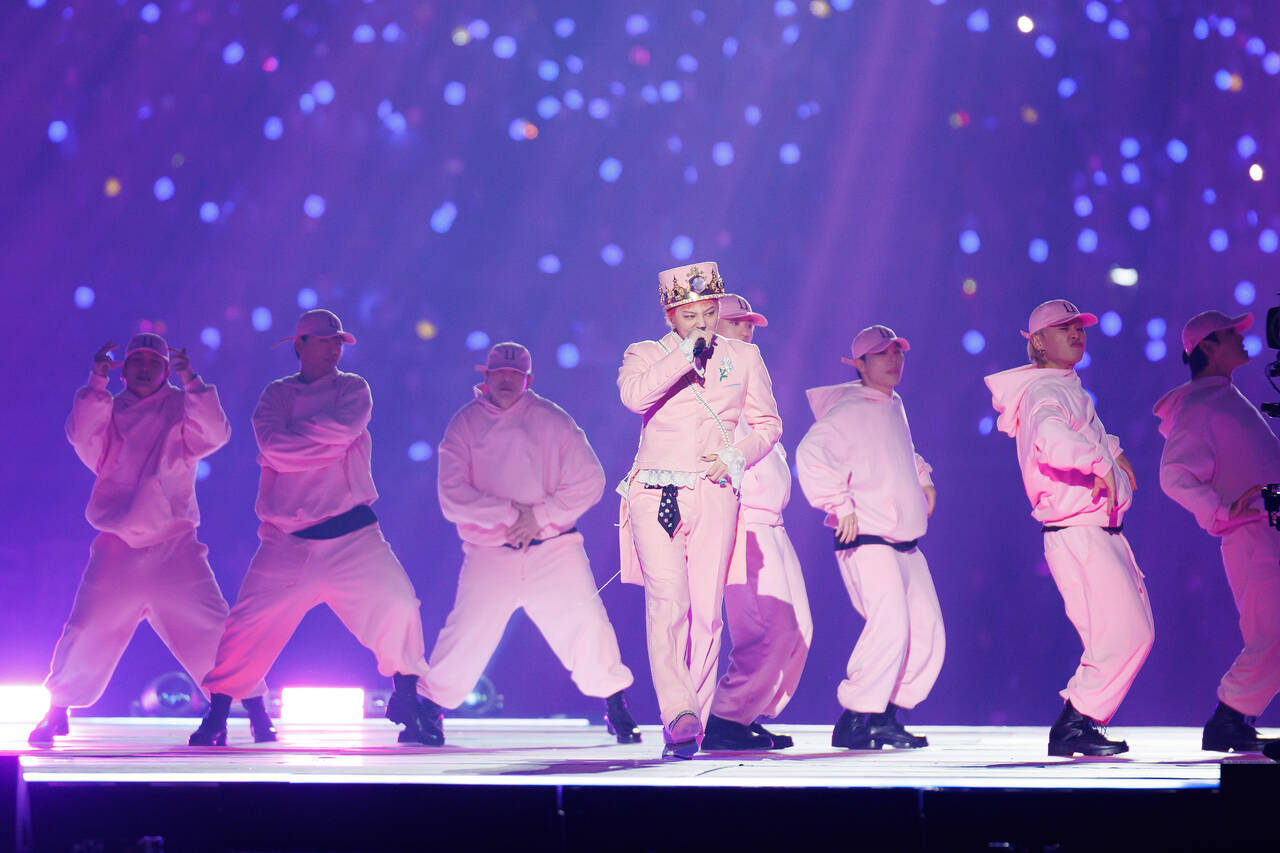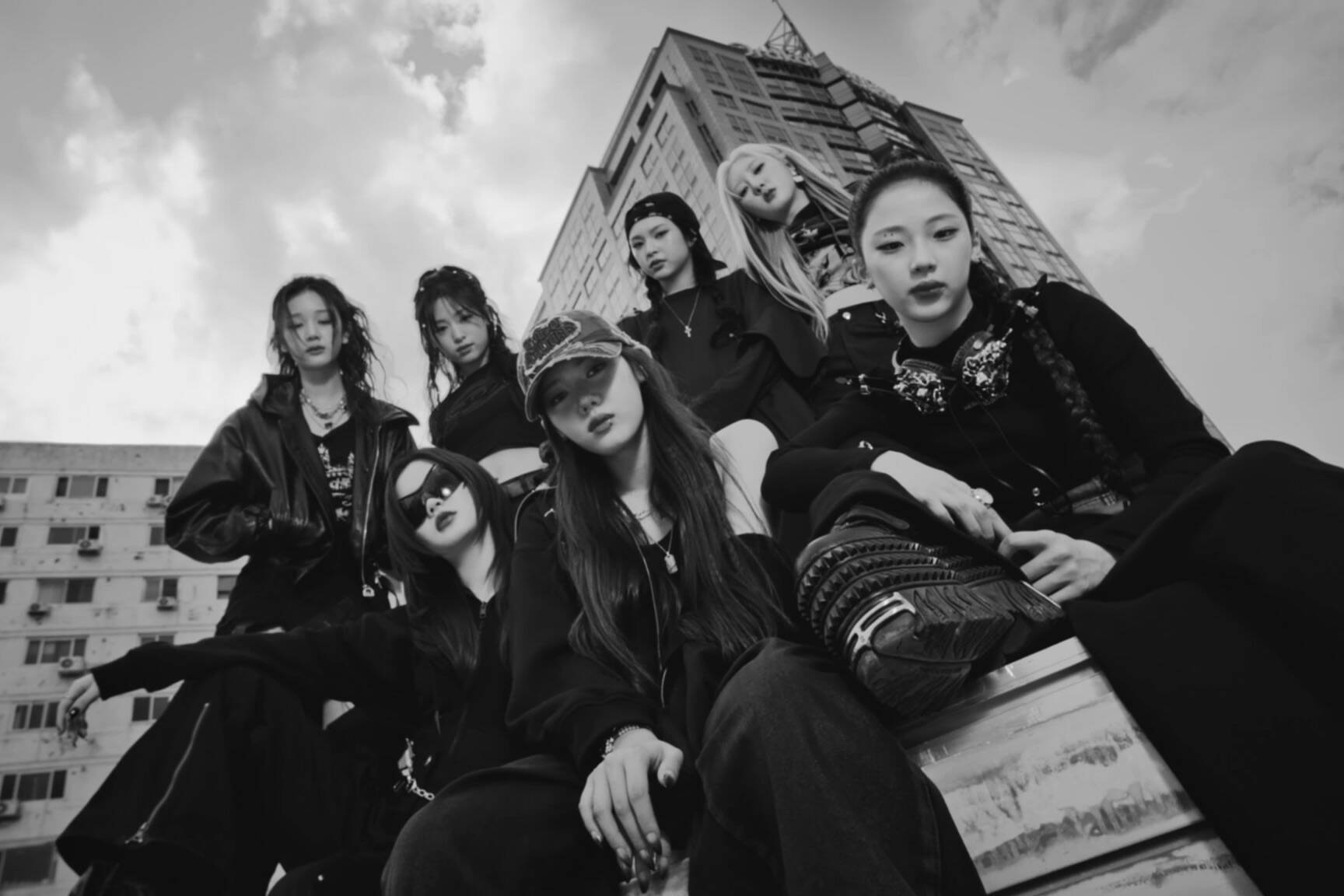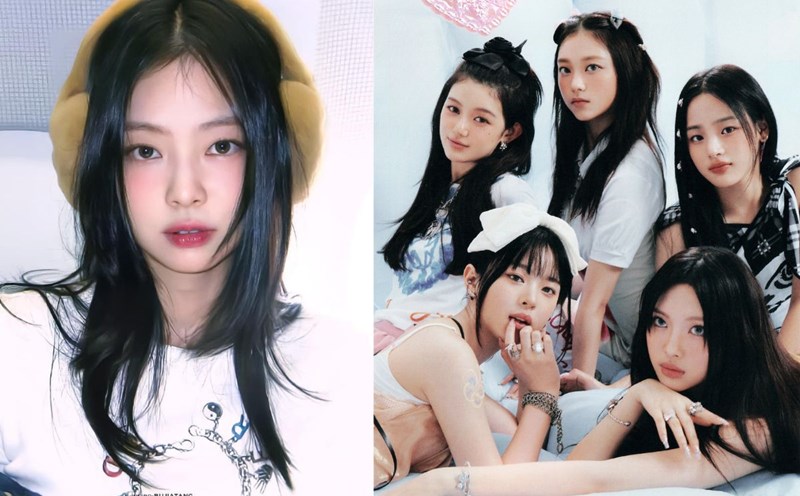G-Dragon's latest single, "Home Sweet Home", featuring Big Bang members Taeyang and Daesung, has been deemed unfit for broadcast by South Korean broadcaster KBS.
According to the Korea Times, the decision raises concerns about whether the criteria the broadcaster uses to evaluate music products are still relevant in today's media landscape.
KBS said the song violated Article 46 of the Broadcasting Censorship Regulations, as the lyrics mention specific brands and products, which could be considered advertising.
Artists who want their songs to be broadcast must modify or remove the part that is deemed to be infringing.
When a song is not eligible for broadcast, it will not be able to appear on KBS platforms, including television, radio, and weekly music programs such as Music Bank.

Not only G-Dragon, recently, many songs of other Kpop artists have also been "banned" by KBS.
Jennie's "Mantra" (Blackpink), Baby Monster's "Clik Clak", and Jaehyun's "Unconditional" (NCT) all failed KBS's censorship because they mentioned specific brands.
KBS has also banned songs with lyrics containing overly provocative, obscene words, such as "Wife" by the group (G)I-DLE.
Previously, BTS member Jimin's 2023 solo track "Face-off" was deemed inappropriate for its profanity. RM also had nine of the 11 tracks on his solo album "Right Place, Wrong Person" receive the same ruling for using swear words, slang, or vulgar language.
According to the Korea Times, KBS conducted an internal review based on the Broadcast Discussion Regulations issued by the Korea Communications Standards Commission.
These standards include 15 criteria for song lyrics alone, covering issues such as distorting historical facts, undermining social order, and promoting anti-social or unhealthy values.

In a statement, KBS said its guidelines respect “cultural diversity and creative freedom” while maintaining “fairness and consistency in discussions.”
Additionally, members of the judging committee will consider factors such as genre and production quality without making subjective interpretations of the lyrics.
However, critics have long questioned whether South Korean broadcasters' current standards of judging are still relevant in the streaming age, as audiences increasingly consume music outside of traditional platforms.
Transparency in the judging process has also been a persistent issue as South Korea's three major broadcasters - KBS, MBC and SBS - apply different and often inconsistent criteria.
Such criticism has been around since at least 2011. Lawmakers in a South Korean parliamentary audit argued that these broadcast censorship regulations “curb creative freedom and impede freedom of expression.” They called for “specific guidelines” to ensure fairness and consistency.










